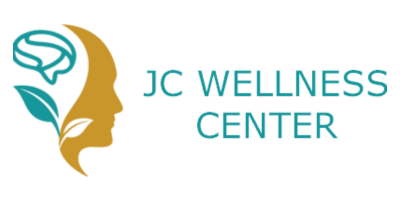Deep Breathing Exercises: Practice deep breathing techniques to activate the body’s relaxation response and calm the nervous system. Try inhaling deeply through your nose for a count of four, holding for a moment, and then exhaling slowly through your mouth.- Mindfulness Meditation: Engage in regular mindfulness meditation practices to cultivate awareness of the present moment and develop a non-judgmental attitude towards your thoughts and feelings. Mindfulness helps create distance from anxious thoughts and fosters a sense of calm and clarity.
- Progressive Muscle Relaxation: Tension in the body often accompanies anxiety. Progressive muscle relaxation involves tensing and then releasing each muscle group in the body, promoting physical relaxation and reducing overall tension.
- Challenge Negative Thoughts: Notice and challenge negative thought patterns that contribute to anxiety. Ask yourself if there is evidence to support these thoughts, and consider alternative, more balanced perspectives.
- Self-Care Practices: Prioritize self-care activities that promote relaxation and well-being, such as getting enough sleep, eating a balanced diet, exercising regularly, and engaging in activities that bring you joy and fulfillment.
Seeking Professional Support: If anxiety is significantly impacting your daily life or if you’re struggling to manage it on your own, don’t hesitate to seek professional support. A mental health professional can provide you with personalized strategies and support tailored to your specific needs.
Conclusion: Managing anxiety requires patience, practice, and self-compassion. By incorporating these strategies into your daily routine and seeking support when needed, you can develop resilience in the face of stress and cultivate a greater sense of calm and well-being in your life. Remember that you are not alone, and with the right tools and support, you can navigate anxiety and thrive.




